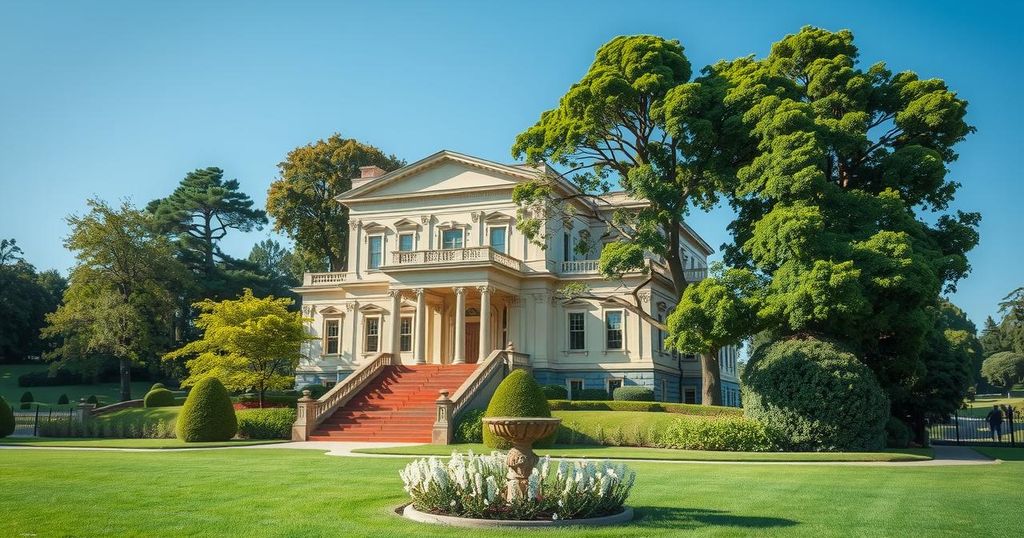Daniel Chapo was sworn in as president of Mozambique amid significant protests over the legitimacy of his election victory, which the opposition claims was fraudulent. A civil society group states that over 300 people have died in clashes following the election. Chapo pledged to prioritize stability and reform government operations while the protests present a historical challenge to Frelimo’s long-standing rule.
Daniel Chapo of Mozambique’s ruling Frelimo party was inaugurated as president on Wednesday during a ceremony that drew minimal attendance, following widespread protests regarding the legitimacy of his election victory. A local civil society group reports that more than 300 individuals have lost their lives in confrontations with security personnel since the October 9 election, which the opposition contends was marred by vote-rigging, while independent observers deemed the process neither free nor fair. Frelimo fervently rejects any claims of electoral misconduct.
Frelimo has maintained control over Mozambique since the conclusion of the war against Portuguese colonialism in 1975, continuing its grip during a subsequent civil conflict that resulted in the loss of one million lives, which concluded with a peace agreement in 1992. President Chapo addressed around 1,500 supporters in the capital, Maputo, asserting that fostering social and political stability will be the priority of his administration. He also pledged to streamline government operations by reducing the number of ministries and committed to addressing youth unemployment alongside enhancing health and education services.
Observers noted the relative quiet in the city center, marked by a significant presence of police and military forces. Among the few distinguished attendees at Chapo’s inauguration was Cyril Ramaphosa, the president of neighboring South Africa. Venancio Mondlane, the opposition leader who officially placed second in the presidential race, returned from self-imposed exile last week and has encouraged his supporters to persist in their demonstrations against the government. The current wave of protests represents the largest in opposition to Frelimo in Mozambique’s history, severely impacting foreign businesses in the resource-abundant nation, home to 35 million people, disrupting cross-border trade, and prompting some individuals to flee to nearby countries.
The political landscape in Mozambique has been fraught with tension, particularly regarding recent elections that have prompted civil unrest. Frelimo, the ruling party since the nation’s independence, is accused of maintaining power through fraudulent practices. The ongoing protests signify a shift in public sentiment and resistance against perceived injustices in governance, further complicated by historical factors such as colonial rule and civil conflict that have shaped the contemporary political sphere.
The inauguration of Daniel Chapo marks a significant moment in Mozambique’s political history amidst ongoing tensions surrounding electoral integrity. The unrest following the disputed election reflects deep-rooted issues within the governance of the country, particularly the opposition’s accusations of vote-rigging and the response of security forces to dissent. The international community will be watching closely to see how this situation evolves and affects Mozambique’s socio-economic landscape.
Original Source: www.foxnews.com






